Zion National Park is one of the most unique places on earth, and one that truly showcases the diversity of landscapes in the National Park System. In this guide I’m sharing all the information needed to plan your dream Zion National Park trip! Whether you are an adventure junkie or just looking to explore Zion from your car, this is the perfect resource to help you make the most of your time in the park!
Quick Facts about Zion National Park
Location: Utah, USA
Native Land: Southern Paiute
Size: 146,597 acres (593 sq km)
Annual Visitors: 4.49 million (2019)
Established: National Monument (1909), National Park (1919)
Visitor Centers: Zion Canyon (year round), Kolob Canyon (year round)
Entrance Fee: $35 per vehicle; $20 per individual; $80 annual pass
Official Park Map
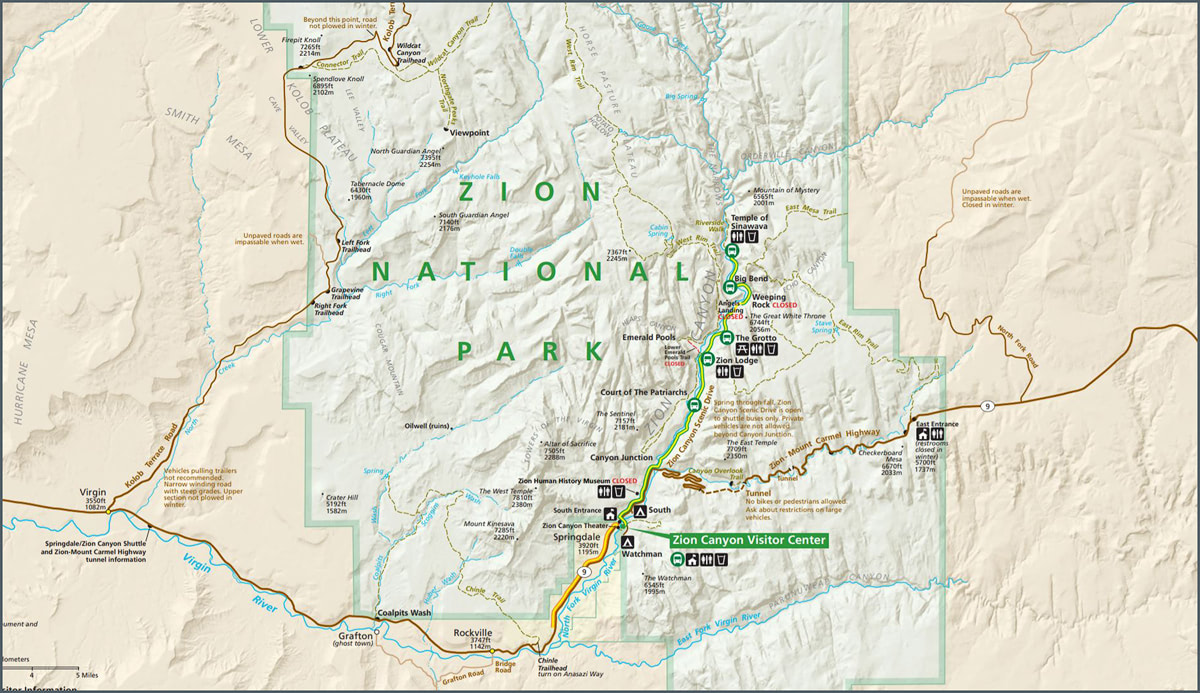
The Ultimate Guide to Exploring Zion National Park
Zion National Park has become one of the “must-see” US National Parks in recent years, and is now the fourth highest visited in the country as of 2019. Its crown jewel is Zion Canyon (Mukuntuweap), a 16 mile long and up to 3000 feet deep canyon that feeds into the heart of Zion.
People also come from all over the world to experience the climbing, canyoneering, and hiking opportunities that the dramatic landscapes of Zion offers. I’ve visited a number of times now and my opinion Zion is also home to some of the most unique and breathtaking scenery in the entire world!
RELATED: America’s National Parks Ranked Best to Worst
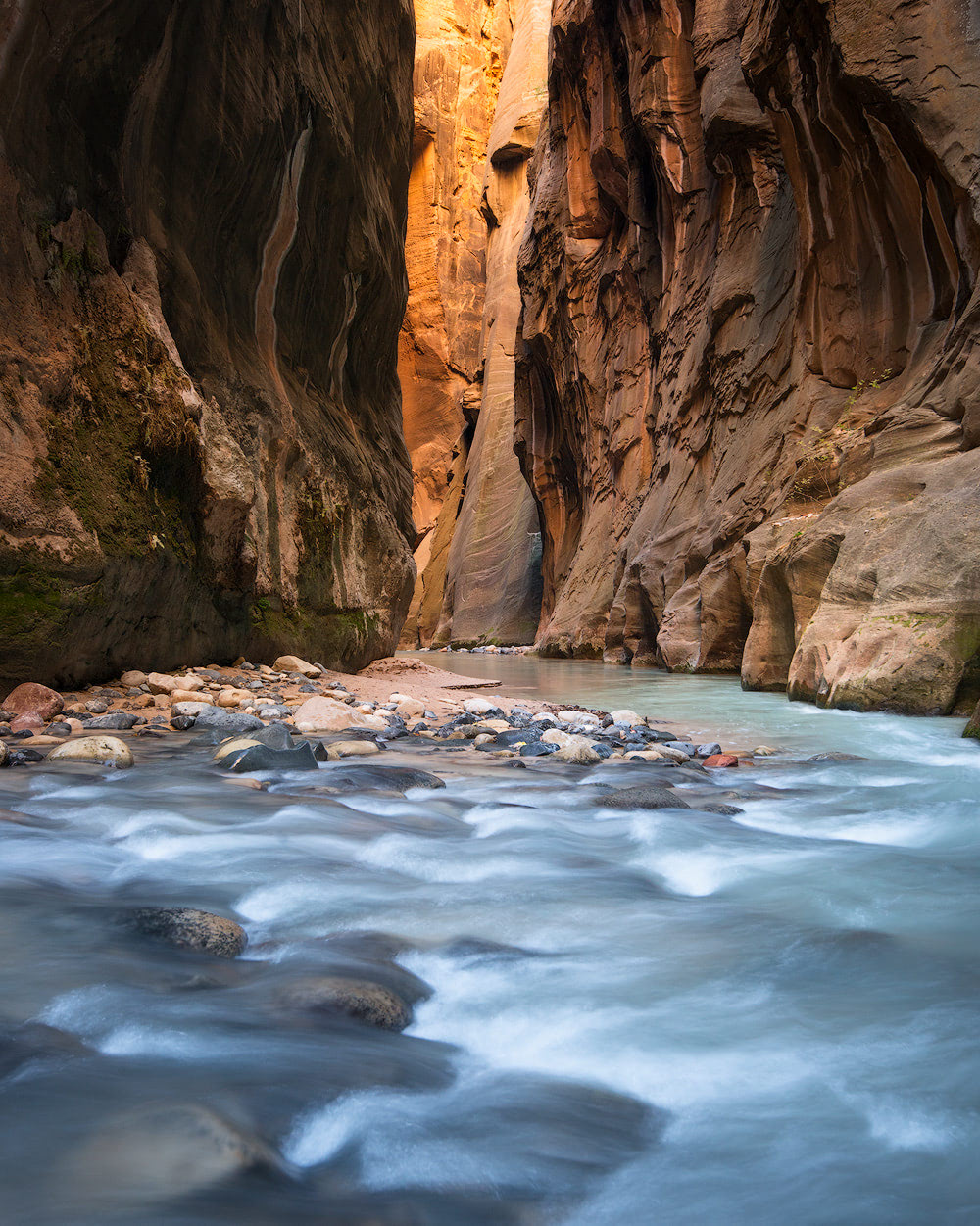
When to visit Zion National Park
Zion is open year-round, and there are advantages to every season:
- Spring is a great time to visit to avoid the summer heat and crowds.
- Summer is optimal for hiking trails such as The Narrows where you will be getting your feet wet (the water is much colder than you would expect! Bring water shoes!)
- Autumn the colors are absolutely beautiful and this is prime time for photography. Back your camera gear in this dry bag to keep it safe while hiking.
- Winter is much quieter than other times, still beautiful but can be cold.
I personally avoid summer in Zion National Park as it can get incredibly busy, especially during summer holidays! It also gets very hot in Zion during the summer months, which can be nice for a couple of the hikes involving water crossing, but not nice for everything else. My suggestion would be to visit during spring or fall when temperatures are not quite so hot, and crowds not as overwhelming.
READ NEXT: Best National Parks to Visit in Fall
FYI national park lovers – I put together a checklist of all the parks, so you can mark each off as you visit them! It’s free to download via my travel resource library! Click the image below.
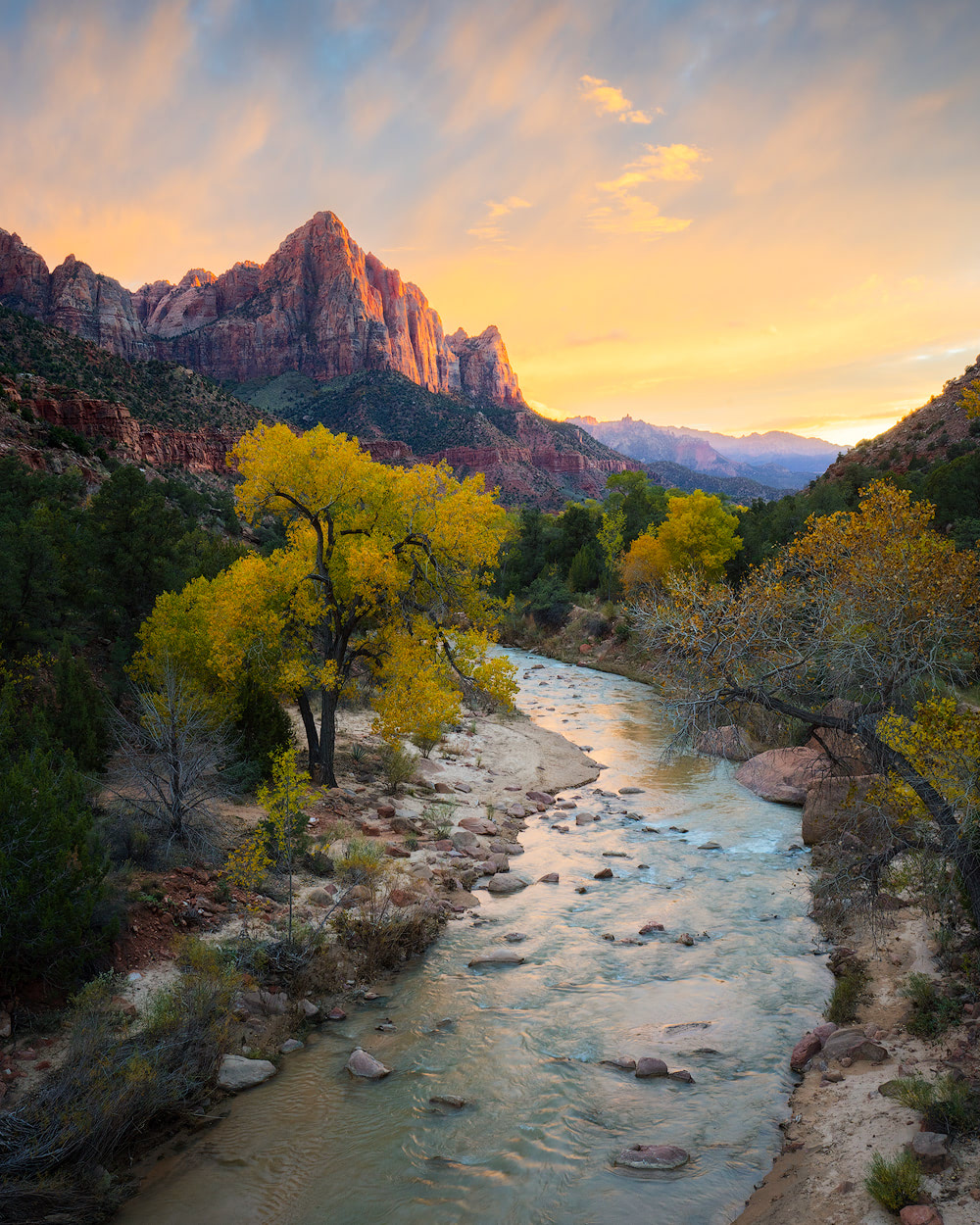
Most iconic view in Zion National Park
Choosing the most iconic Zion view if a tough one because there are quite a few spots that have gained the attention from travelers over the years. I feel like the view of the Watchman at Canyon Junction (pictured above) is maybe what I think of most when I picture Zion in my head, but it could be argued that places such as Angel’s Landing and The Narrows are equally if not more iconic.
No matter where you go in Zion you will not be disappointed, and don’t be afraid to take lesser known trails to avoid the sometimes overwhelming crowds in Zion Canyon.
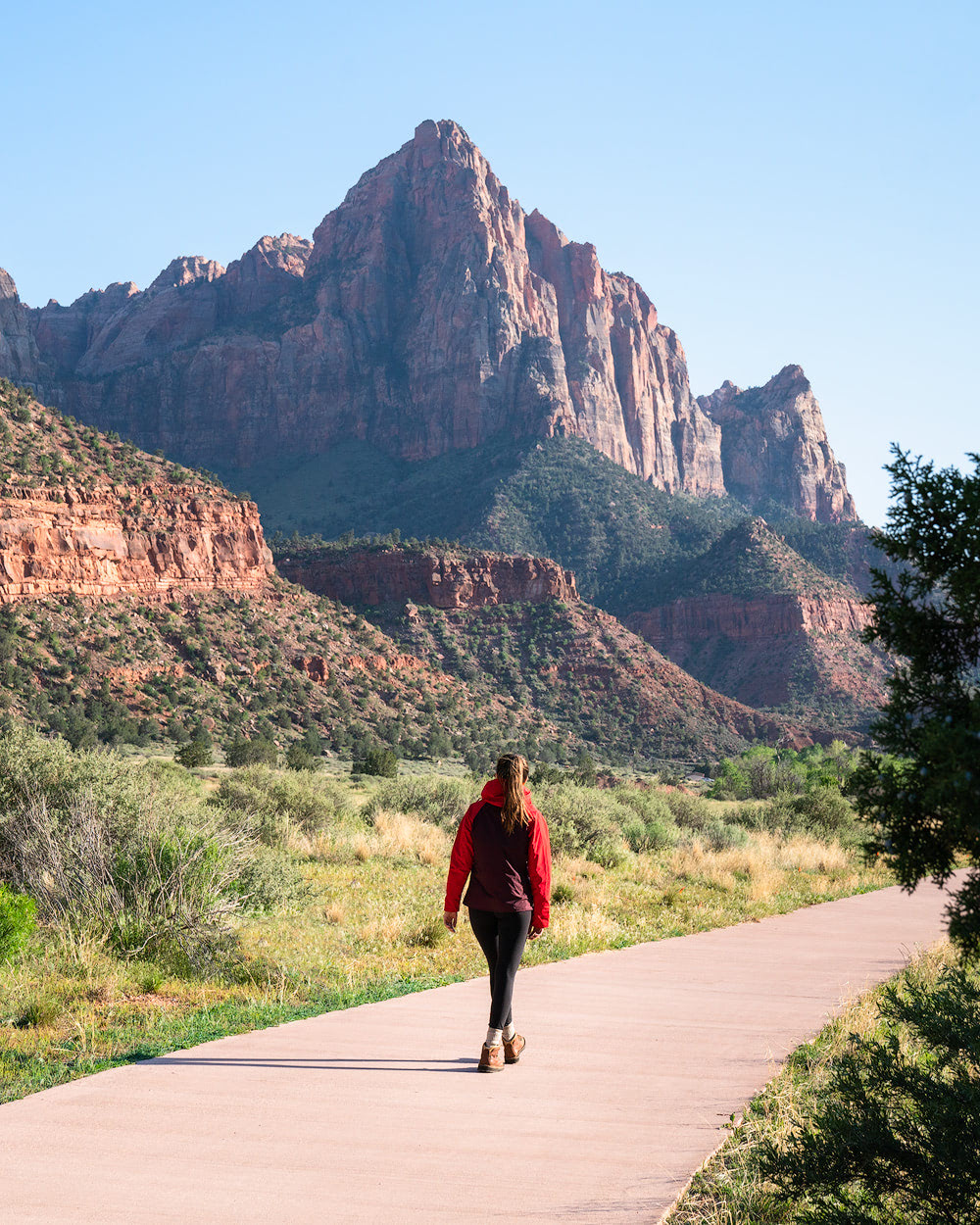
Must-do “easy” Zion activities
There are many accessible and “easy’ activities in Zion National park. Overall Zion is a very accessible park and visitors can see various beautiful views without even leaving their car or the park shuttle. There are also numerous paved and easy to walk trails. Here are some suggestions for “easier” things to do during your Zion National Park visit:
Walk the Par’us Trail
The Pa’rus Trail is a beautiful little walk that goes from the southern entrance of the park to Canyon Junction. This is a flat, 3.3 mile round-trip hike that provides epic views of The Watchman, especially right at the end from the bridge looking down the Virgin River!
Visit Kolob Canyon
Kolob Canyon is a lesser visited area of the park, but it’s very beautiful. I definitely recommend checking out this area if you are finding the crowds of the main part of the park a little overwhelming. You can drive right to the end for a beautiful view of Kolob Canyon, or if you are feeling adventurous you can do one of the many hiking trails available in the area.
Take a jeep adventure
To see the views at speed and without using the legs so much take this Jeep tour from East Zion into Brushy Cove and across Elevator Trail. You will ascend over two thousand feet and catch the epic views of Zion while learning about the land formations.
Ride a bike down Zion Canyon
Renting a bike in the town of Springdale and riding it down Zion Canyon is a great way to explore the canyon when vehicles are not allowed (more info on getting around the park further down the blog post). This allows you to take it at your own pace, stop to take in the views when you feel like, and get some exercise in the process.
Explore on horseback
Saddle up in East Zion and head onto the trails on horseback. Your guide will assist along the way, beginner riders also welcome! Learn horsemanship skills while discovering Zion. If you would like to visit a slot canyon this tour takes you into a secluded sandstone canyon and teaches you about cowboy history on the ride.
Walk the Zion Canyon Overlook Trail
The Zion Canyon Overlook Trail provides an epic view down through Zion and the route 9 switchbacks below. This is an iconic Zion view and is only 1 mile round-trip. Do note there is some elevation gain on this hike, so bring some water and comfortable walking shoes.
Go Stargazing
Away from light pollution is the best place to stargaze so Zion National Park is the perfect place to discover the heavens. Book this experience in advance to curl up with blankets and hot chocolate and learn from a stargazing expert.
Take in the views by air
Take a Helicopter tour of Zion and Bryce Canyon National Park to see a new perspective of the park. You will have the opportunity to see unforgettable views and take unique photos of the landscape from the safety of the helicopter.
RELATED: Leave No Trace: The Seven Principles
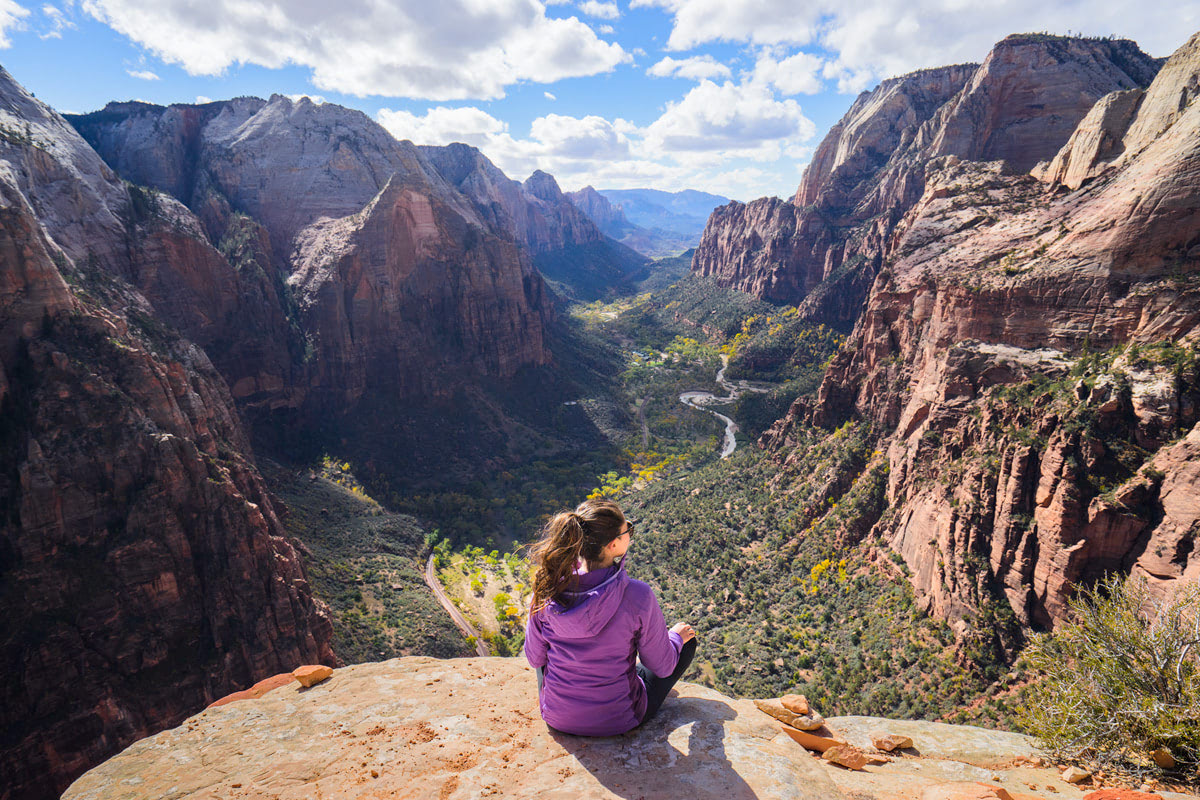
Best Zion National Park hiking trails
Zion is home to some of the most unique and beautiful trails in the world! There are short and flat trails, trails that have river crossings, trails that have you climbing sandstone mountains, and trails that wind through narrow slot canyons. There really is something for everyone in Zion. Here are my top hiking picks:
The Narrows:
up to 16 miles depending on how far you choose to go. NOTE: Please click here and read about potential hazards before doing this trail. The Narrows is situated at the end of the main canyon and requires a shuttle to access from spring-fall. Suggested Tour: From Springdale: The Narrows Hike
Angel’s Landing:
5 miles round-trip from The Grotto trailhead, 1630 feet of elevation gain. Be warned that there are some sections of exposure and people have died hiking this trail. Angel’s Landing is in the main canyon and requires a shuttle to access from spring-fall.
The Subway:
8 miles round-trip to the Subway, with 1305 feet of elevation gain. This hike requires a permit and I recommend good navigation skills.
Observation point:
8 miles and roughly 2300 feet of elevation gain round-trip from The Weeping Rock trailhead. Requires a shuttle to access from spring-fall.
Zion Canyon Overlook trail:
1 mile round-trip, 442 feet elevation gain from the trailhead.
Many Pools Trail:
3.1 miles round-trip, 544 feet elevation gain from trailhead.
Northgate Peaks via Kolob Terrace:
6 miles round-trip, 1,181 feet of elevation gain.
Deertrap Mountain Trail:
10.6 miles round-trip, 1,322 feet of elevation gain.
The top 5 hikes on this list are very popular and thus get very busy. There is a good reason for this – they are incredible! That being said, the crowds can get overwhelming at times in Zion. The final 3 trails on the list will offer you a lot more peace and quiet while still having epic views, so I definitely recommend you check them out if you have the time.
New to hiking? Check out my Beginners Guide to Hiking, where I teach you how to plan hikes, tips for staying safe, and all the recommended gear.
Recommended Tours:
- Slot Canyon exploration and UTV tour – If you want to break up the hiking take this UTV tour with a hike into Slot Canyon and explore the backcountry of East Zion
- Guided tour – For those new to hiking or prefer a guide to explore you can take this private tour from Springdale, full and half day options available. This tour also provides a delicious picnic lunch.
RELATED: A Beginners Guide to Hiking
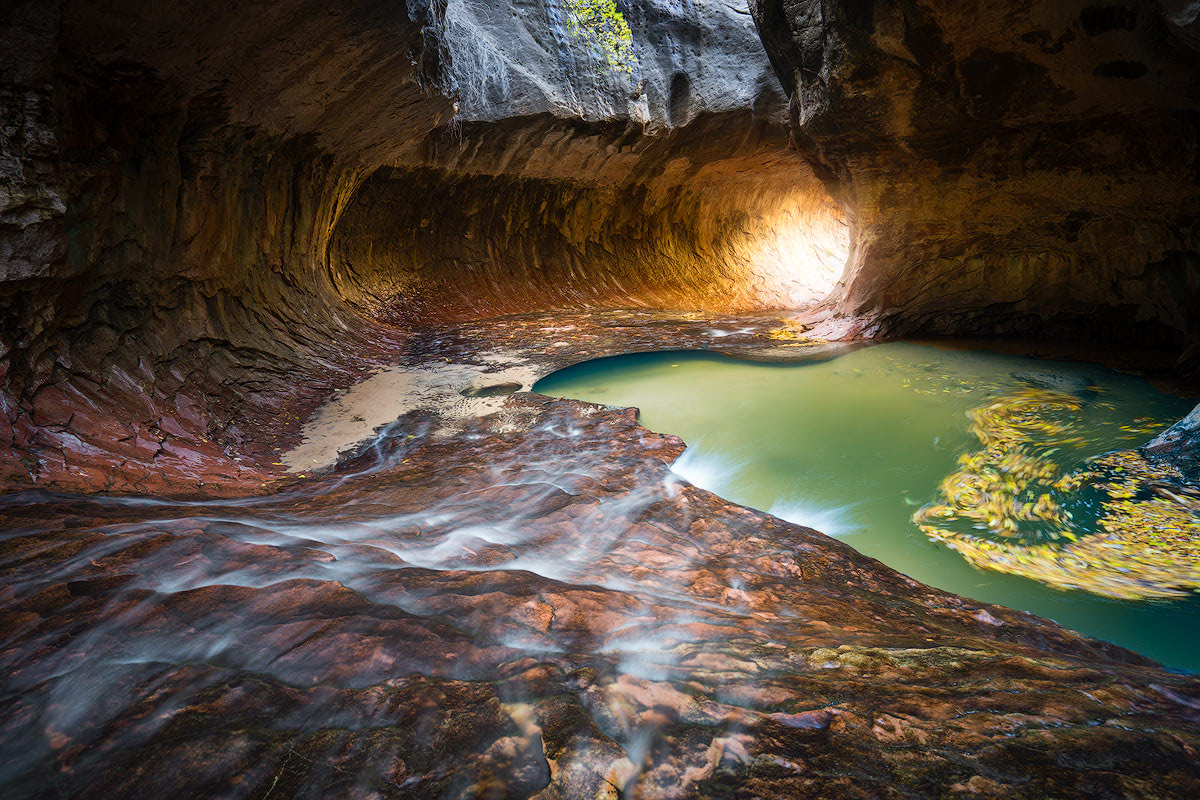
For the adventurous Zion explorer
There are a lot of unique and challenging adventures within Zion National Park. The Narrows and The Subway trails both extend quite far beyond where most day use visitors end up hiking to, and that’s where the more technical challenges lie. There are guiding companies in the nearby town of Springdale that will help outfit you and take you out on these adventures, or if you are very experienced with canyoneering you can even do them yourself (with the appropriate permits). Suggested Tour: From Springdale: The Narrows Hike
Another option for those looking to find a more challenging activity in Zion National Park is to hike the West Rim Trail down from Lava Point into the main Zion Canyon, ending at the Grotto Trailhead. This one-way trip will require some forward planning to get back to your vehicle at the end, but it is well worth the effort! This trip is a 16.2 mile hike with 3600 feet of descent, around 700 feet of ascent, and will have you experiencing some of the most beautiful terrain Zion National Park has to offer! You can do this as a long day-trip, or make it an overnight backpacking trip (but please do obtain backcountry permits first!).
New to backcountry camping? Be sure to check out my Beginners Guide to Backcountry Camping and How To Get Over Your Fears of Backcountry Camping. In these guides you will find everything you need to know to have a successful backpacking trip!
RELATED: A Beginners Guide to Backcountry Camping
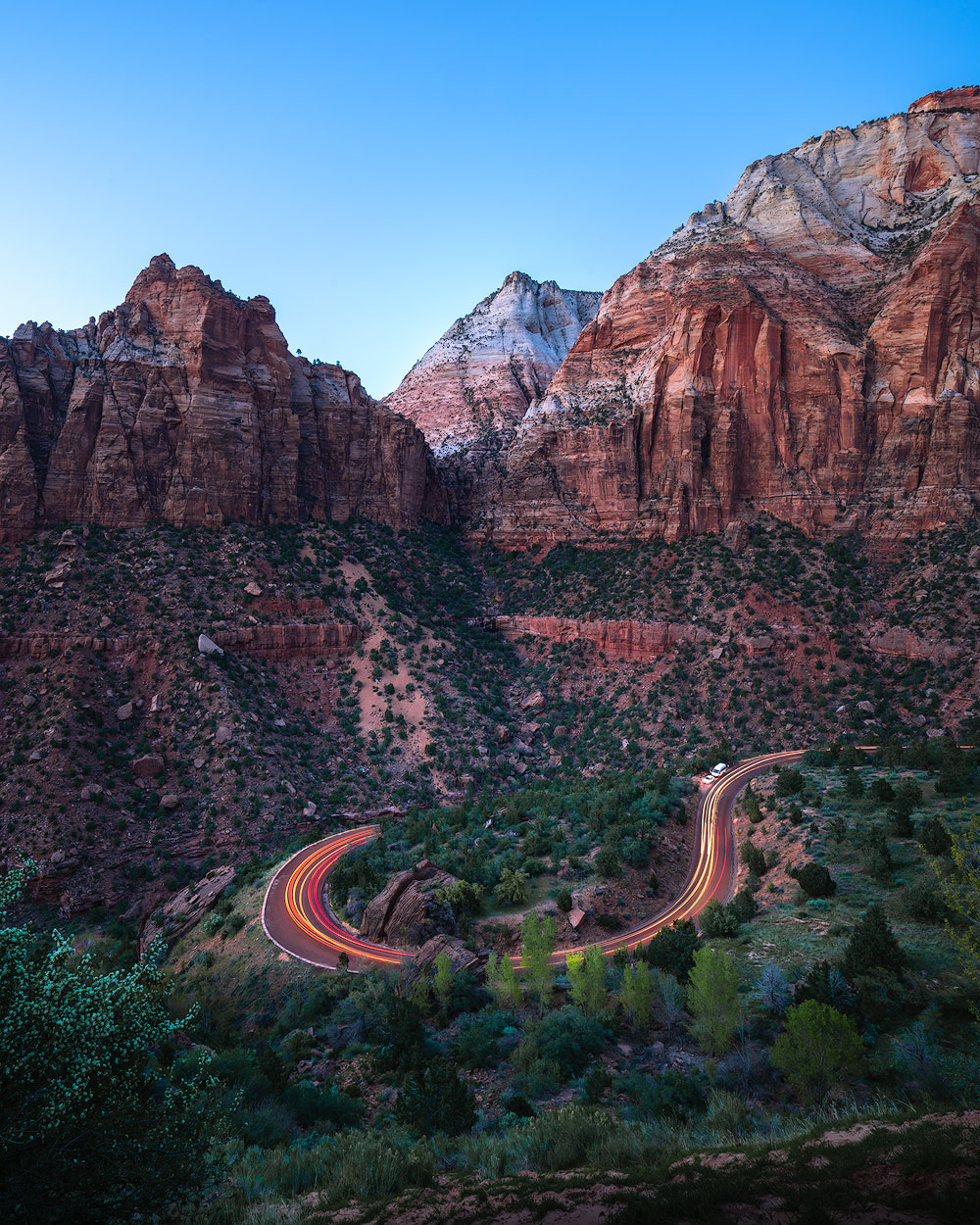
Best photo spots in Zion National Park
There are endless photography opportunities in Zion. My favorite in the whole park might be the sunset view of the Watchman seen from the Canyon Junction bridge, though it can get very crowded at sunset. Please stay inside the lines and off the road if you plan to photograph this location, or you might be fined by a ranger and hold up traffic.
Some more photography spots include:
- Towers of the Virgin: photographed from behind the Human history Museum. Best at sunrise when the light hits the peaks.
- The Subway: best time for this changes throughout the seasons, but usually around mid-morning and mid-afternoon (a few hours after sunrise and a few hours before sunset).
- Observation Point: best at sunset with some nice clouds.
- The Narrows: different sections of this hike are better at different times throughout the day and seasons. It’s best to just hike it and focus on the areas where the light is good.
- Angel’s Landing: really nice during the daytime with some nice fluffy clouds around.
- Canyon Overlook: best a little after sunset to capture a long exposure car lights going down the road below.
Outside of these famous locations, there are still an infinite amount of photography options. During the day the sun bounces off the red sandstone cliffs, reflecting a beautiful glowy light into the shadowed areas of the canyons. Take advantage of this for some nice abstract images if that’s of interest to you!
RELATED: 15 Least Crowded National Parks
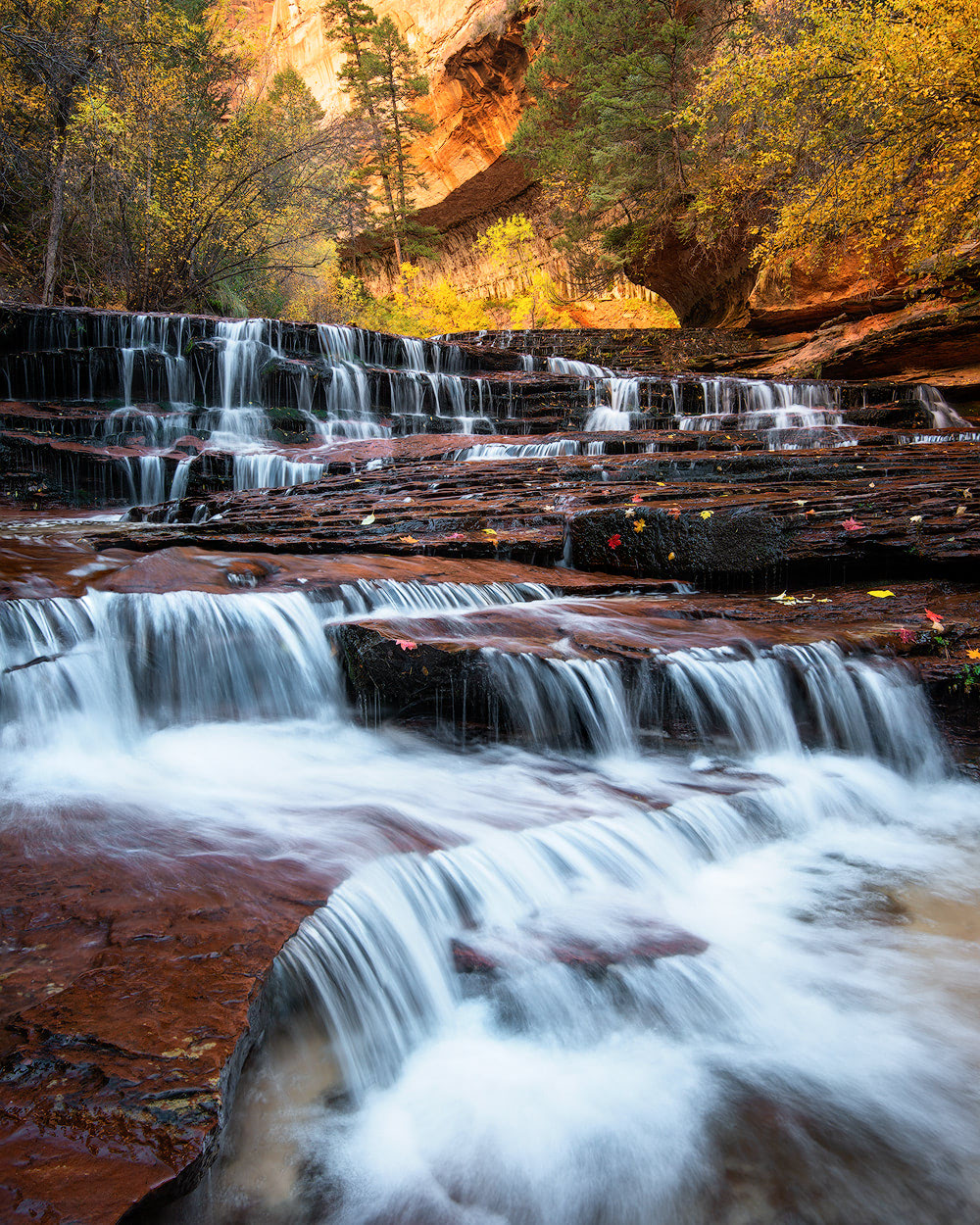
Where to stay in Zion National Park
Zion has ample of options when it comes to lodging. I personally prefer to camp within the park if I can score a site, or car camp on nearby BLM land. Listed below are a range of options, choose whichever options suit your style best:
Hotels
- Zion Lodge: this is the only in-park hotel accommodation at Zion National Park. Space is limited and often books out well ahead, so make sure to get onto booking early. Those who stay at Zion Lodge have the added advantage of being allowed to drive the Zion Canyon Road in their personal vehicles which is a huge advantage!
Camping
- South Campground: one of the two campgrounds located at the busy south entrance of the park. (Was experiencing a closure as of early 2020, so be sure to check for updates before your trip)
- Watchman Campground: the second of the two campground located at the south entrance of the park.
- Lava Point Campground: campground located near the less busy northern entrance of the park (closed during winter).
Book campgrounds via The Dyrt and use my promo code reneeroaming for a free 30 day trial
RELATED: TOP TIPS FOR SLEEPING IN YOUR CAR ON ROAD TRIPS
Outside the park
There are many lodging options just outside the south entrance of the park in the town of Springdale . I’ve listed a few options to get you started below:
- La Quinta by Wyndham Springdale
- Cable Mountain Lodge
- Quality Inn Springdale at Zion Park
- Under Canvas Zion (glamping)
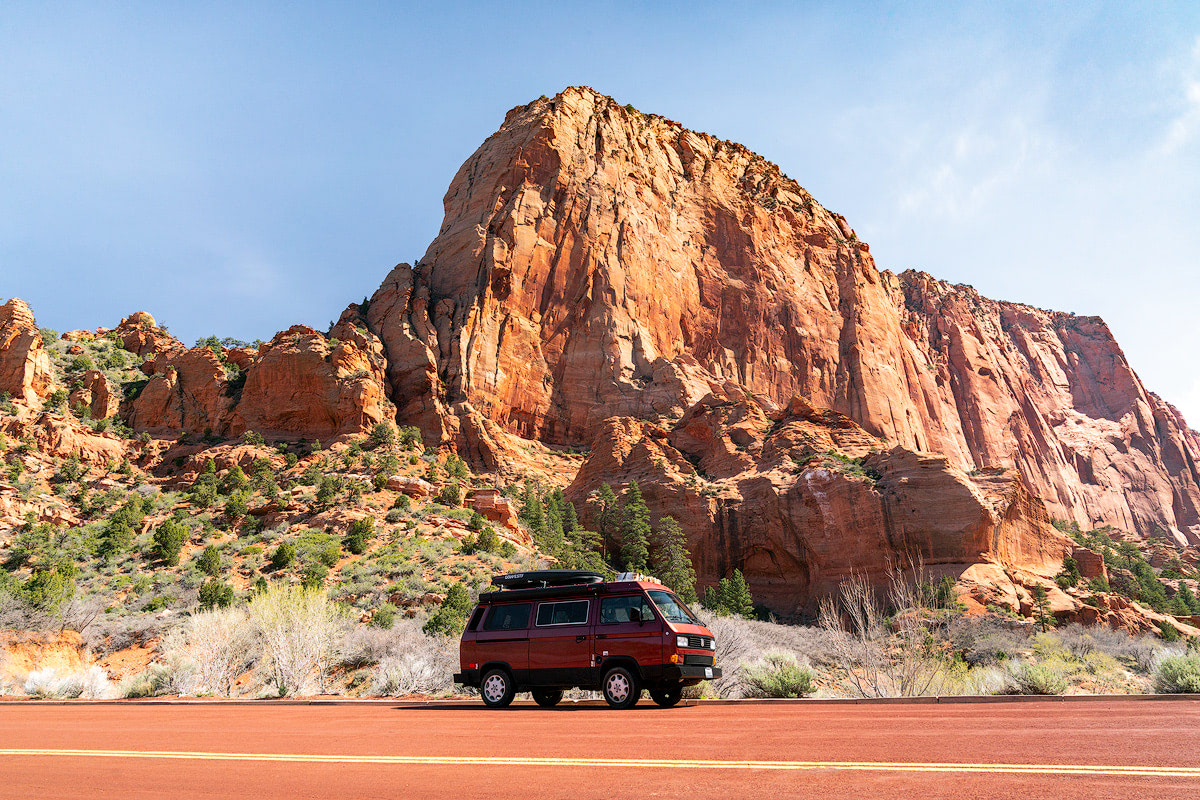
Getting around Zion National Park
Getting around Zion National Park varies depending on what time of the year you visit. There is one main road that goes through Zion National Park between the south and east entrance stations. Close to the south entrance, there is a one way road that shoots off into Zion Canyon, but from spring-fall this is accessible only to the Zion shuttle bus system, pedestrians, and those staying at Zion Lodge. As such, the best way to access the amazing hikes (like The Narrows, Angel’s Landing, etc) is VIA the amazing shuttle service offered by the park. They leave at regular intervals, and you can catch them from outside the park in Springdale, or inside the park at the Zion Canyon Visitor Center (near the campgrounds).
Another option is in the nearby town of Springdale there are a few business’ renting bicycles. I highly recommend spending a day exploring Zion Canyon on a bike… it’s nice to take it at your own pace and stop for breaks along the Virgin River. Maybe even pack a picnic!
Keep in mind that parking in Zion National Park can fill up very quickly, so get there early or consider other options like the shuttle or bicycles. If you do travel off-season rent a car and take a self guided audio driving tour as a great way to discover the park.
RELATED: The 15 Most Underrated National Parks in America
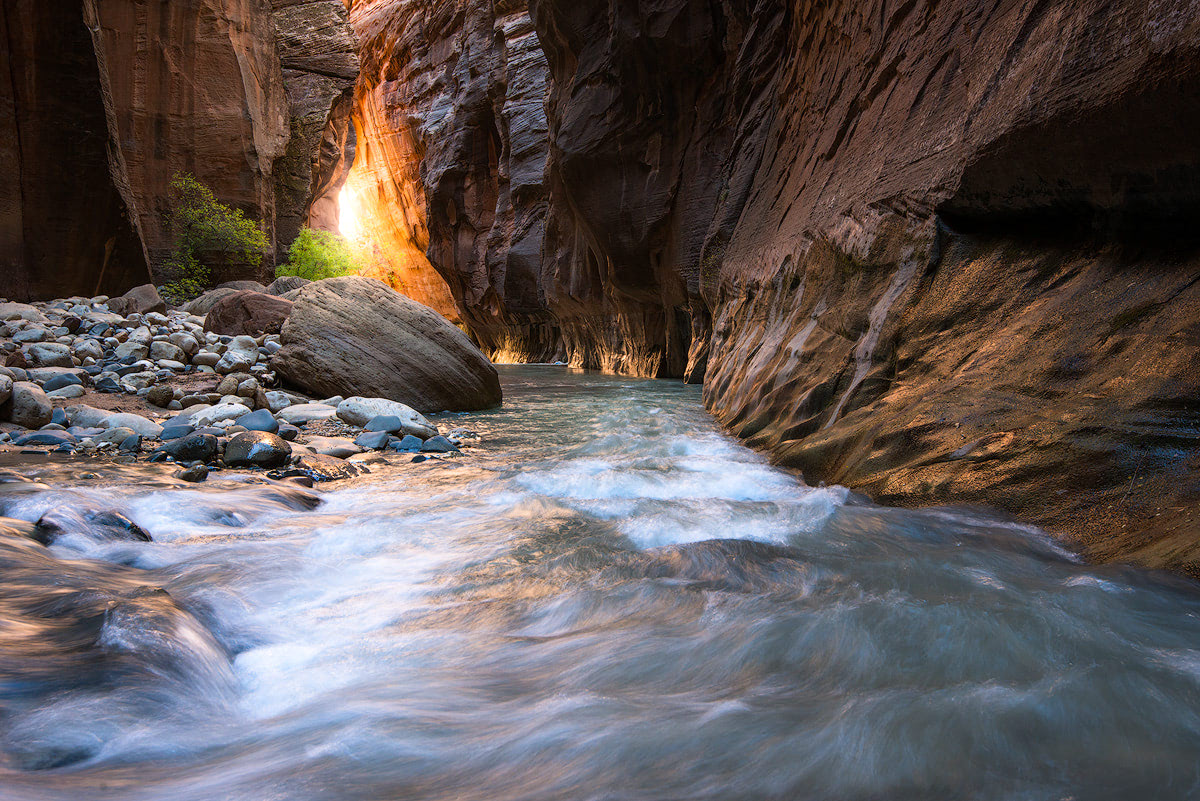
What to pack for Zion National Park
What to pack for a trip to Zion National Park will depend on factors such as time of year, length of visit, weather conditions, planned activities etc. These are some items that I think apply to most visitors:
- Hiking day pack: Osprey Packs Manta 24L Backpack (or the Peak Design Everyday Backpack for those wanting a camera bag)
- Reusable water bottle: Hydroflask Bottle or Hydrapak Flux 1.5L Water Bottle
- Sun hat: Patagonia P-6 Label Trad Cap or the Patagonia Baggies Brimmer Hat.
- Lightweight hiking shoes: La Sportiva Bushido II Trail Running Shoe (women’s), Salomon X Ultra 3 Hiking Shoe (men’s)
- Socks: Icebreaker Cushion Micro Sock (women’s), Icebreaker Cushion Micro Sock (men’s),
- Water shoes: Teva Omnium Shoe (women’s), Teva Omnium 2 Water Shoe (men’s)
- Quick drying t-shirt: Icebreaker Tech Lite SS Low Crewe Shirt (women’s), Icebreaker Sphere Short-Sleeve Crew Shirt (men’s)
- Hiking pants: Columbia Saturday Trail Pant (women’s), Patagonia Quandary Pant (men’s)
- Hiking shorts: Patagonia Quandary Short (women’s), Patagonia Quandary Short (men’s)
- Fleece: Patagonia Better Sweater (women’s), Patagonia Better Sweater (men’s)
- Light wind jacket/sun protection: Backcountry Canyonlands Lightweight Wind Jacket (women’s), Arc’teryx Squamish Hooded Jacket (men’s)
- Insulated jacket: Arc’teryx Cerium LT Down (women’s), Arc’teryx Cerium LT Down (men’s)
- Rain Jacket: Marmot PreCip Eco Jacket (women’s), Patagonia Torrentshell Jacket (men’s)
- Head lamp: Petzl Actik Headlamp (especially if you plan to take any sunrise/sunset hikes)
- Trekking poles: Black Diamond Alpine Carbon Trekking Poles
I also have in-depth blog posts for people just getting into hiking and backcountry adventures, where you will find more information on everything you need to get started! Click here to check out my Beginners Guide to Hiking and Beginners Guide to Backcountry Camping.
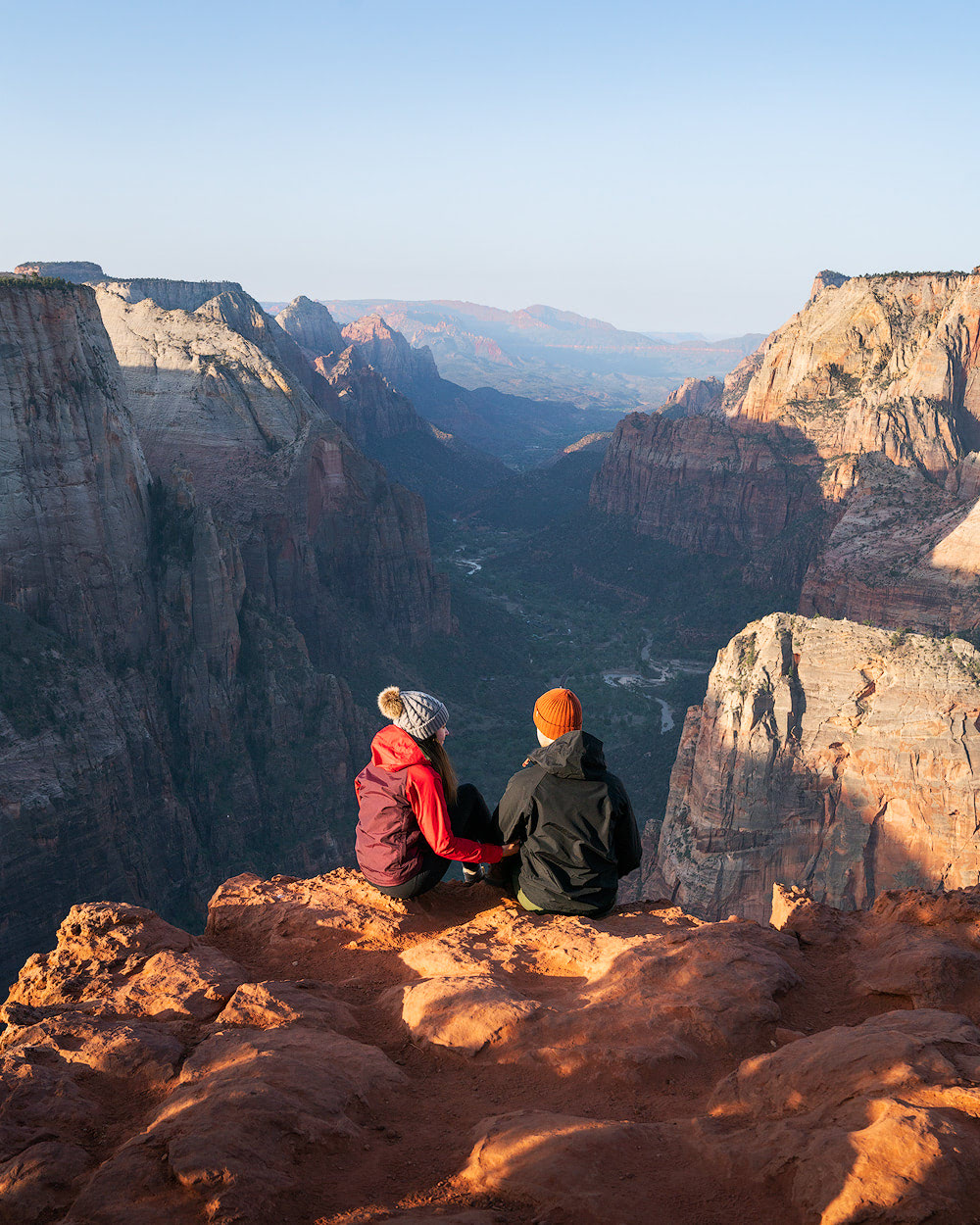
Leave No Trace in Zion
Before you go… if you’re going to be out in nature it’s important that you strive to protect it and follow Leave No Trace (LNT) principles. Please be sure to educate yourself on proper etiquette before heading into the national park. Listed below are some guidelines taken directly from the Leave No Trace Center for Outdoor Ethics, known as The Seven Principles. You can also check out my in-depth blog post on the topic.
- Plan ahead and prepare – read more
- Travel and camp on durable surfaces – read more
- Dispose of waste properly – read more
- Leave what you find – read more
- Minimize campfire impacts – read more
- Respect wildlife – read more
- Be considerate of other visitors – read more
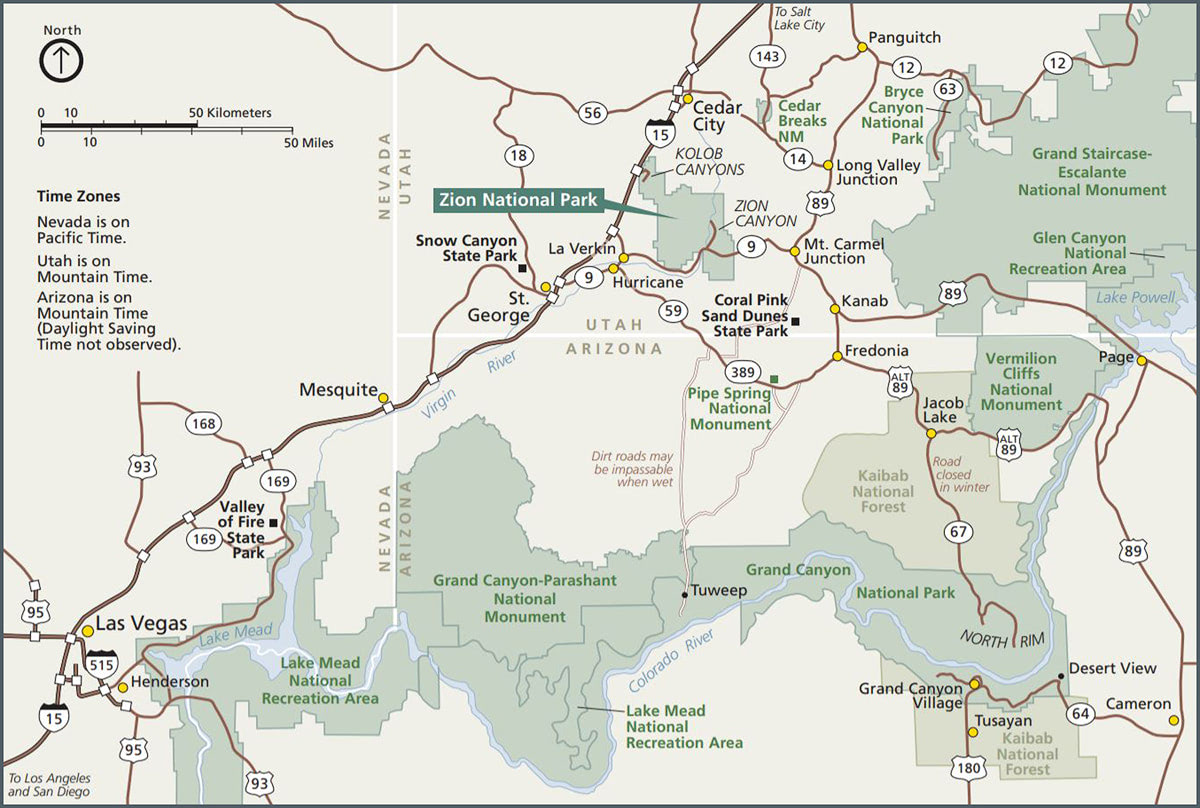
Places to explore near Zion National Park
Zion National Park is located nearby to some of the most amazing parts of the United States. Visitors have relatively quick access to a lot of other adventure hubs including:
- Bryce Canyon National Park
- Coral Pink Sand Dunes State Park
- Kanab
- Valley of Fire State Park
- Grand Staircase-Escalante National Monument
- Horseshoe Bend
- Lake Powell
- Antelope Canyon
- Sand Hollow State Park
- Snow Canyon State Park
- North Rim of Grand Canyon National Park
Las Vegas is also only a few hours drive from Zion, and a great spot to fly into for your Southwest trip. If Vegas is your sort of thing, it might be nice to spend a day or two there enjoying the festivities before heading out. You can also book tours of Zion from Las Vegas if you decide to base yourself there on the way to Zion. Suggested tours: Combined Bryce Canyon and Zion day tour, Zion full day adventure tour
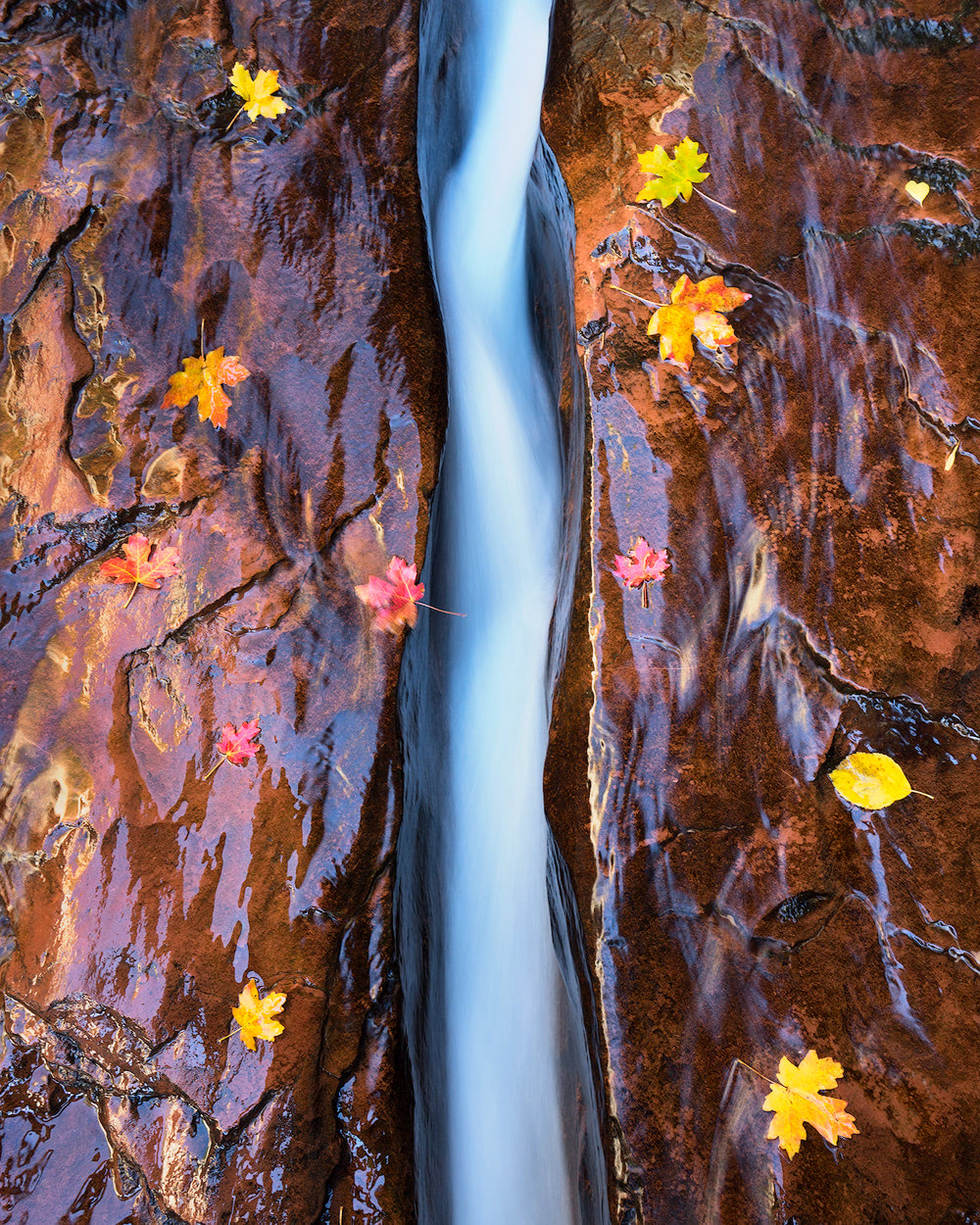
Fun facts about Zion National Park
- Zion National Park’s lowest elevation is Coalpits Wash at 3,666 feet, and the highest elevation is Horse Ranch Mountain at 8,726 feet.
- Zion Canyon is 16 miles long and up to 3000 feet deep!
- The original owners of the land are the South Paiute Indians, with the traditional name of the park being Mukuntuweap (meaning “straight canyon”).
- The lowest recorded temperature in Zion was -20 Fahrenheit (-29 Celsius), the highest was 104 Fahrenheit (40 Celsius).
- Zion’s main canyon was created by millions of year of water erosion from the Virgin River.
- 1917 was the first year tourists arrived at Zion by automobile.
More National Park Posts
America’s National Parks Ranked Best to Worst
How to Plan the Perfect National Parks Visit
Route to Travel to Every US National Park
15 Least Crowded National Parks in the US
The 15 Most Underrated National Parks in America
In-depth Guide to Visiting Yosemite National Park
PIN to read later
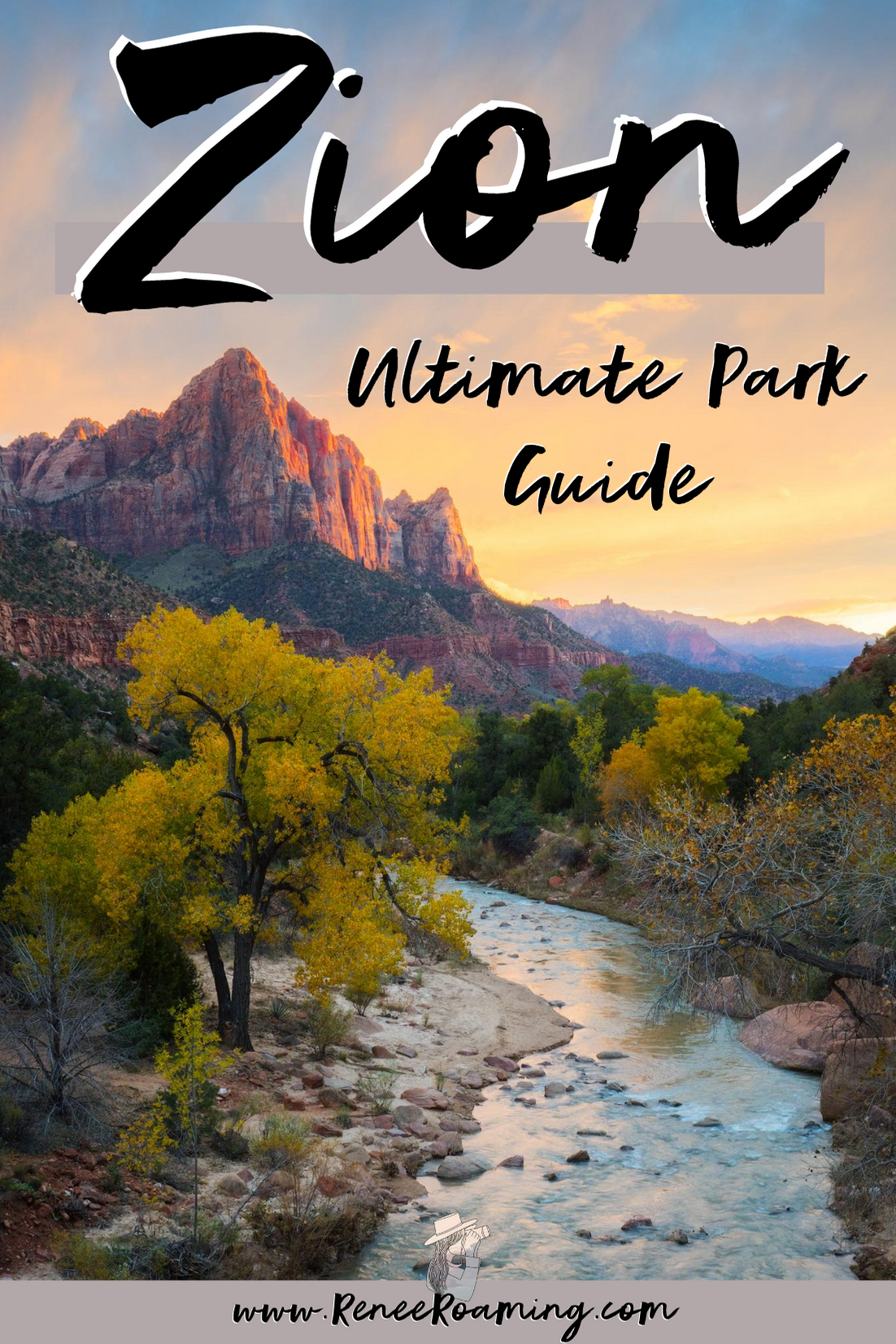

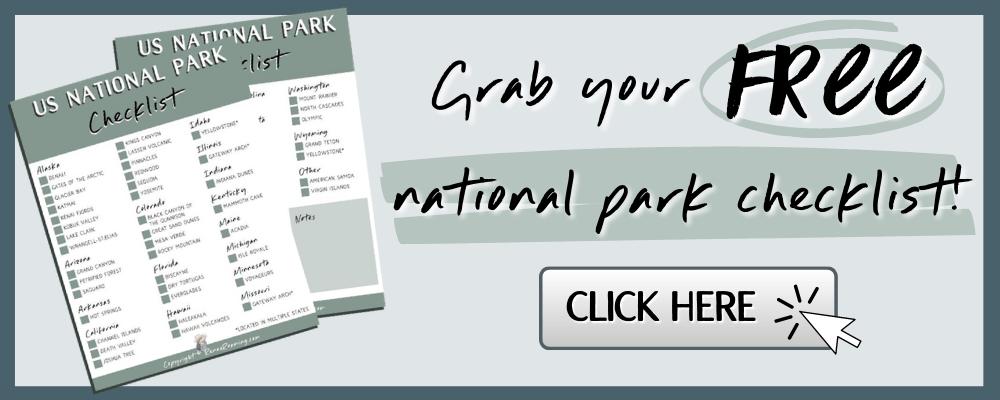
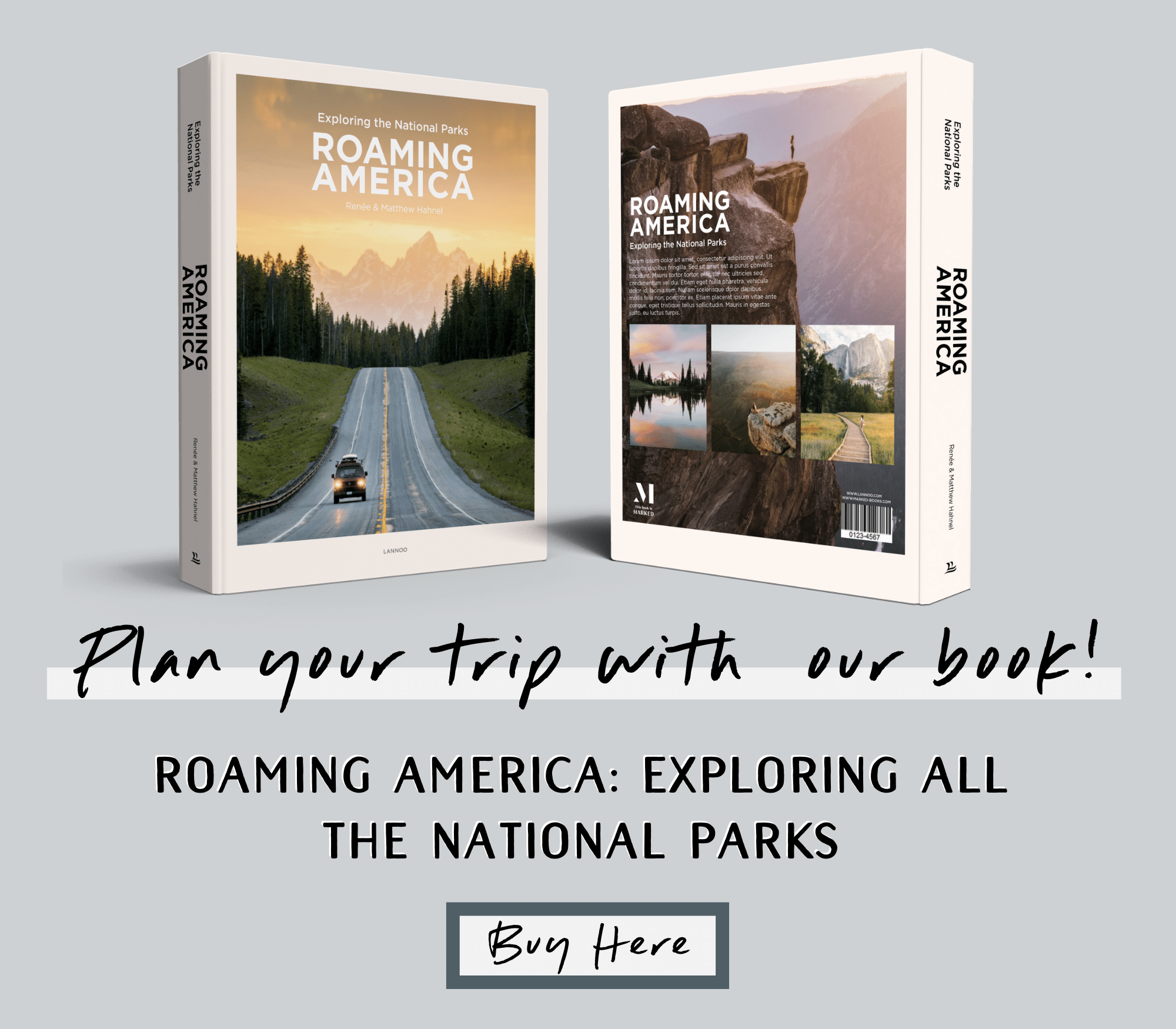
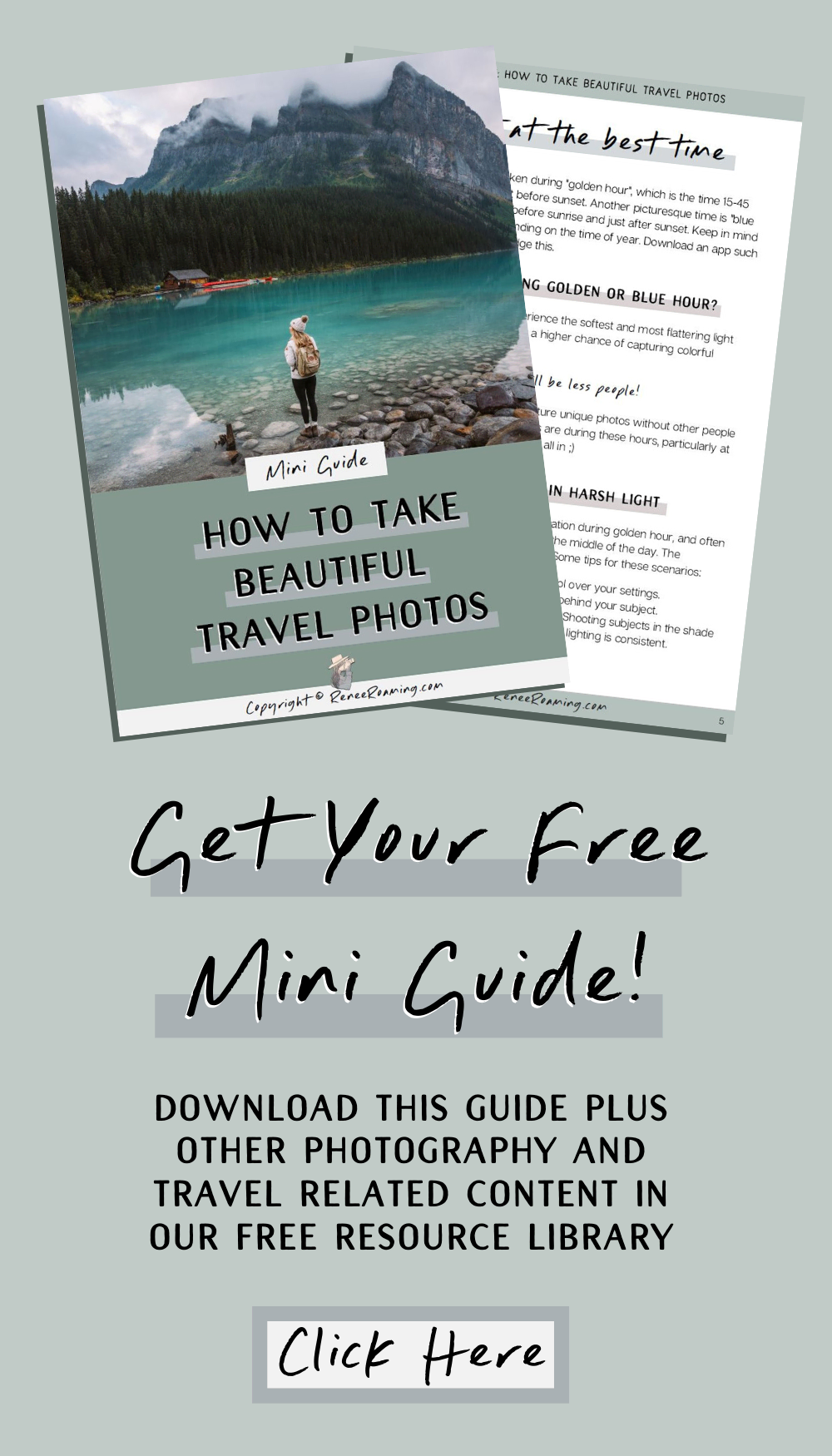
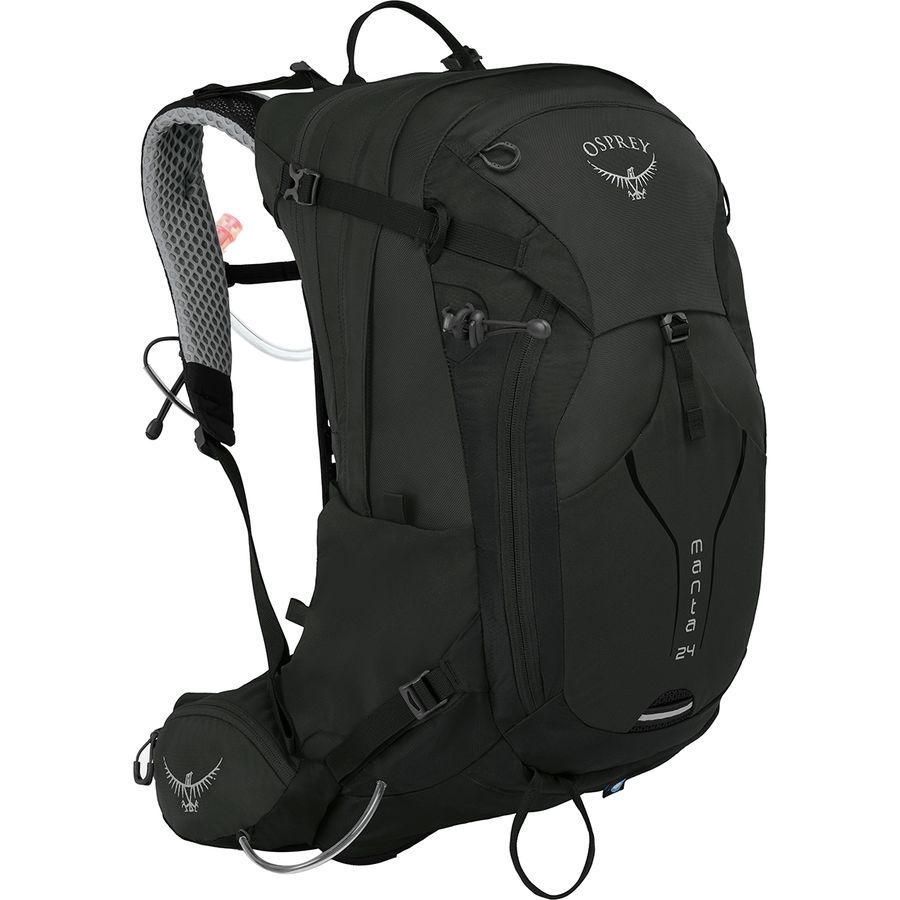
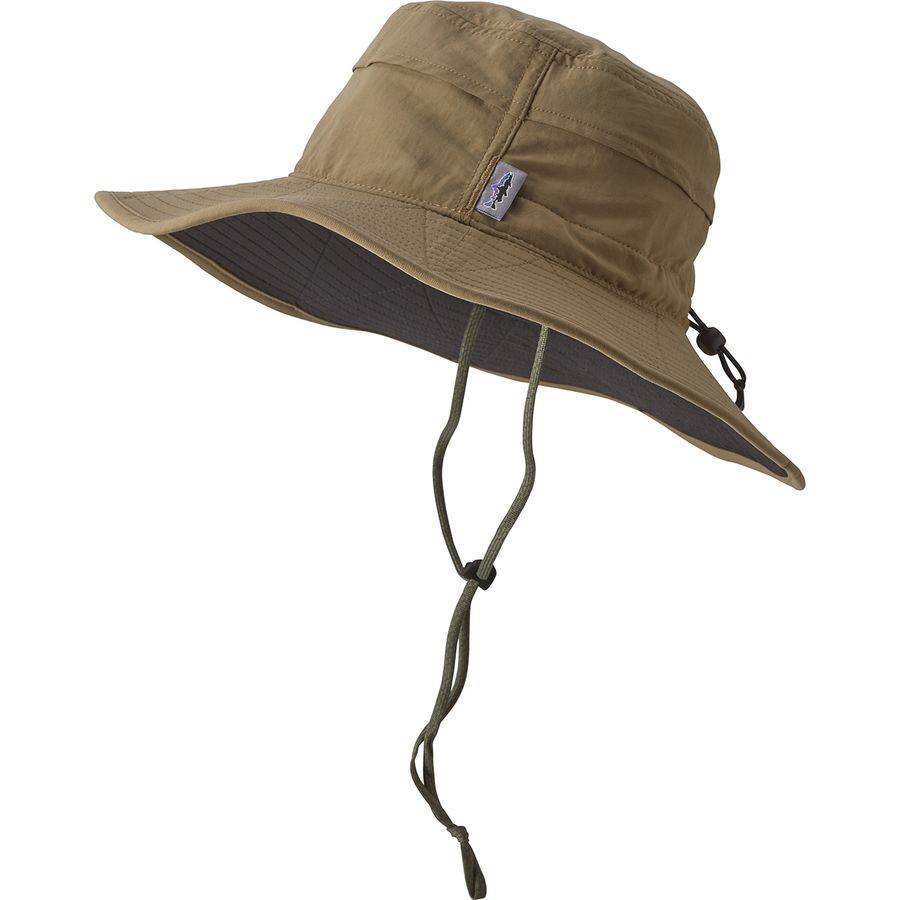
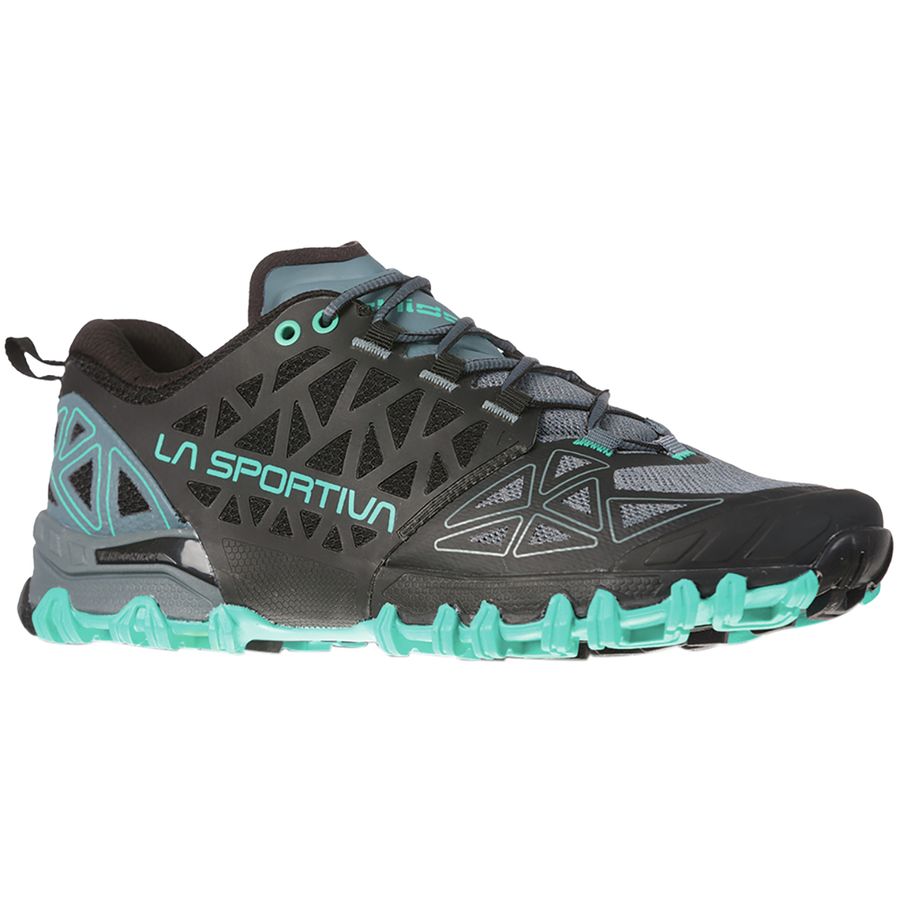
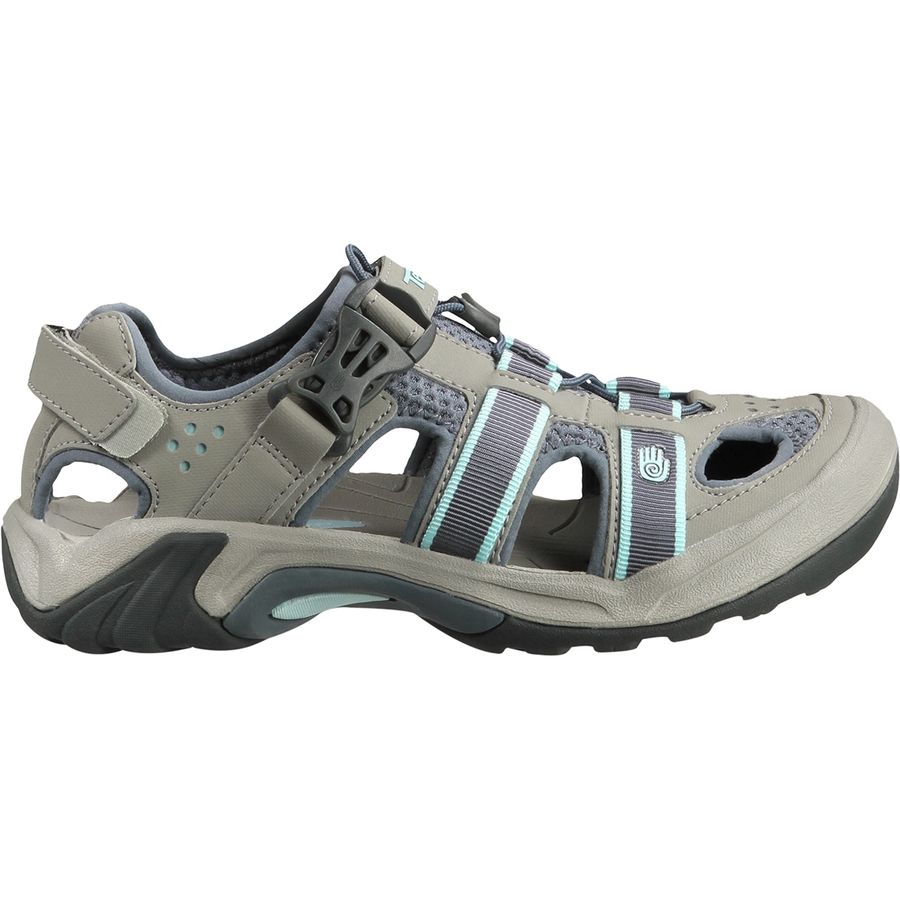
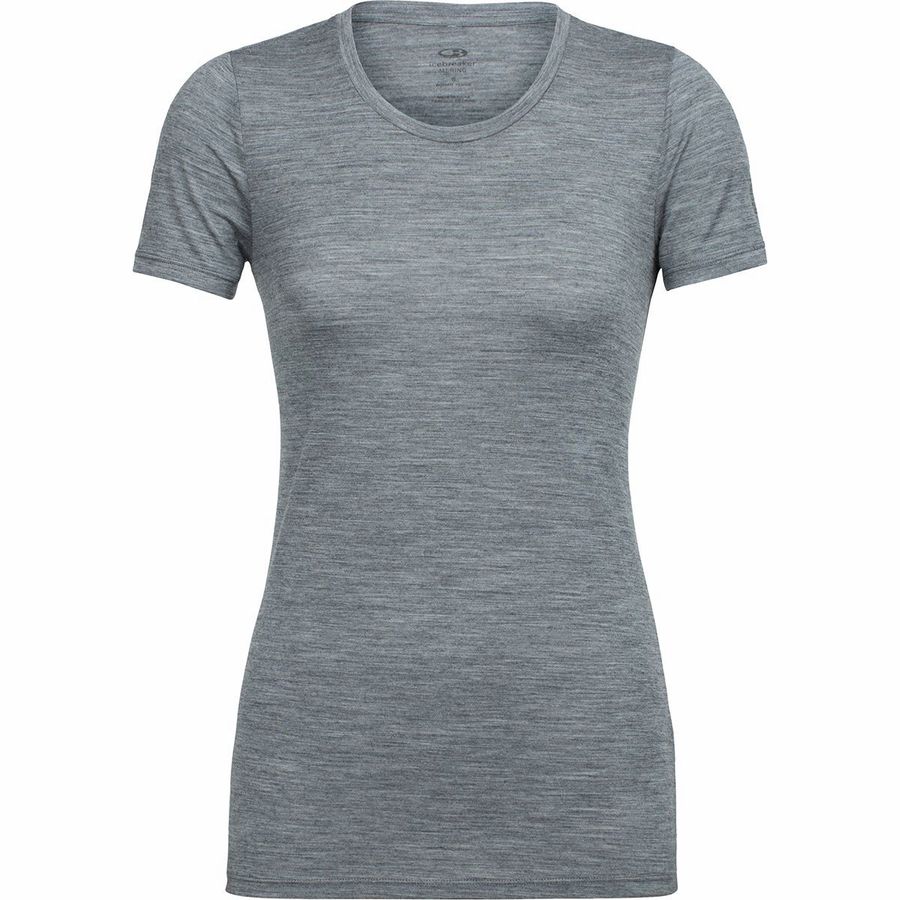
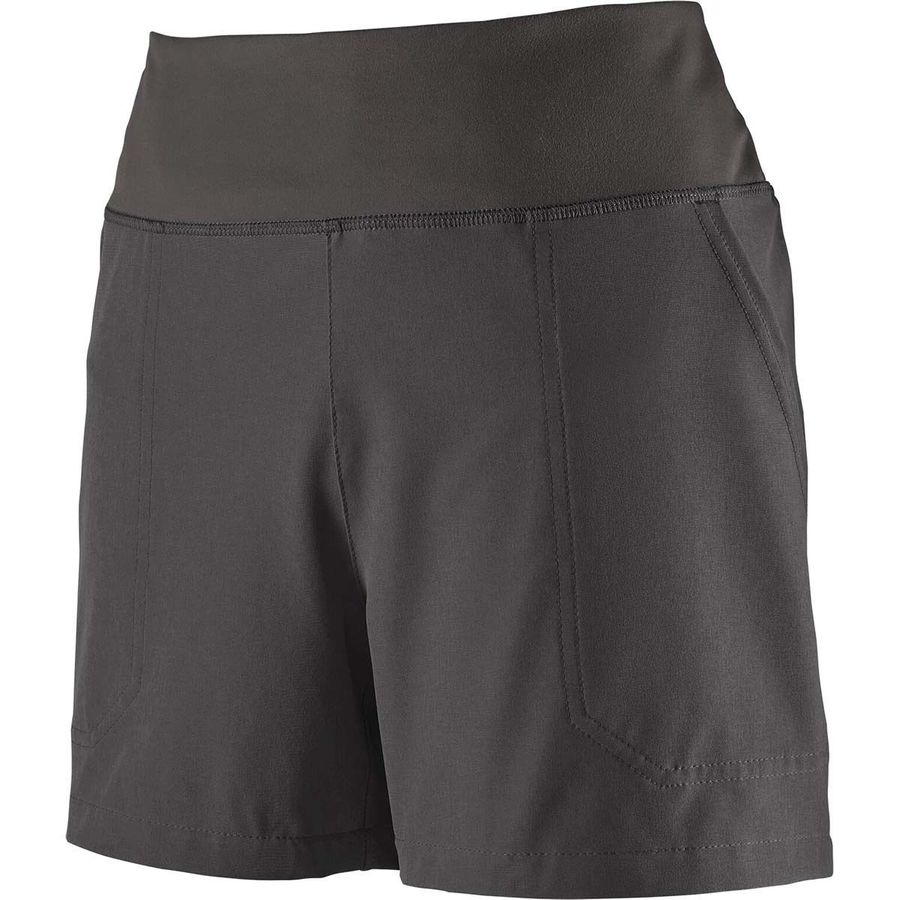
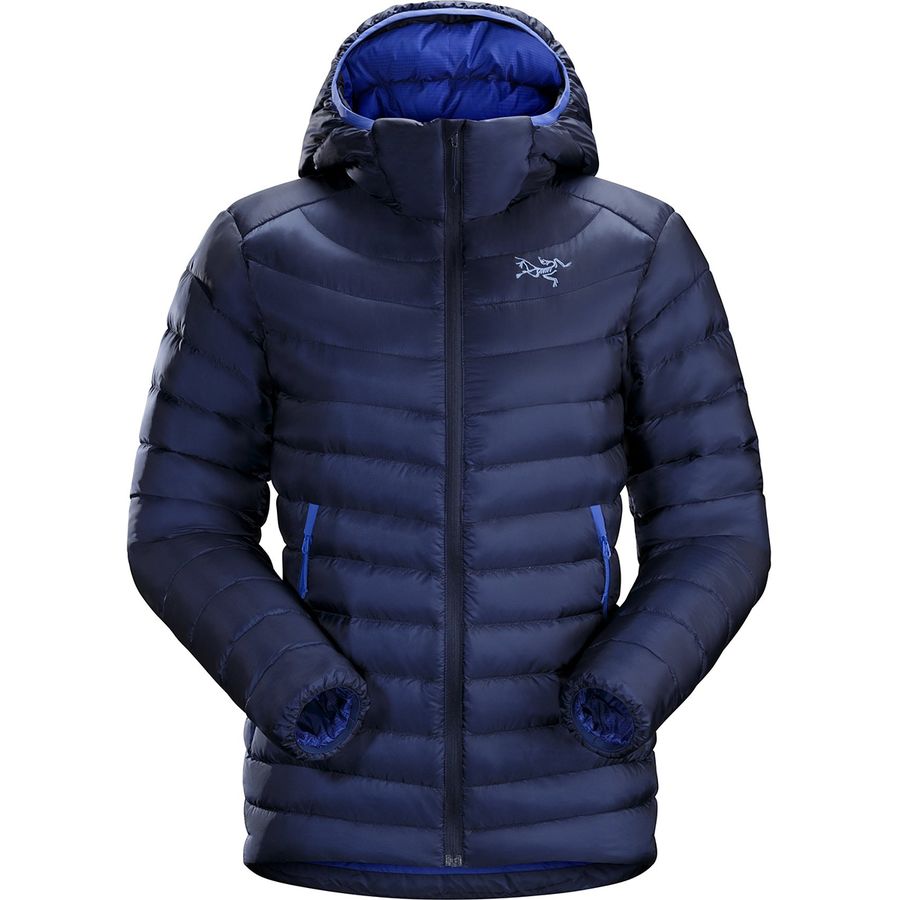
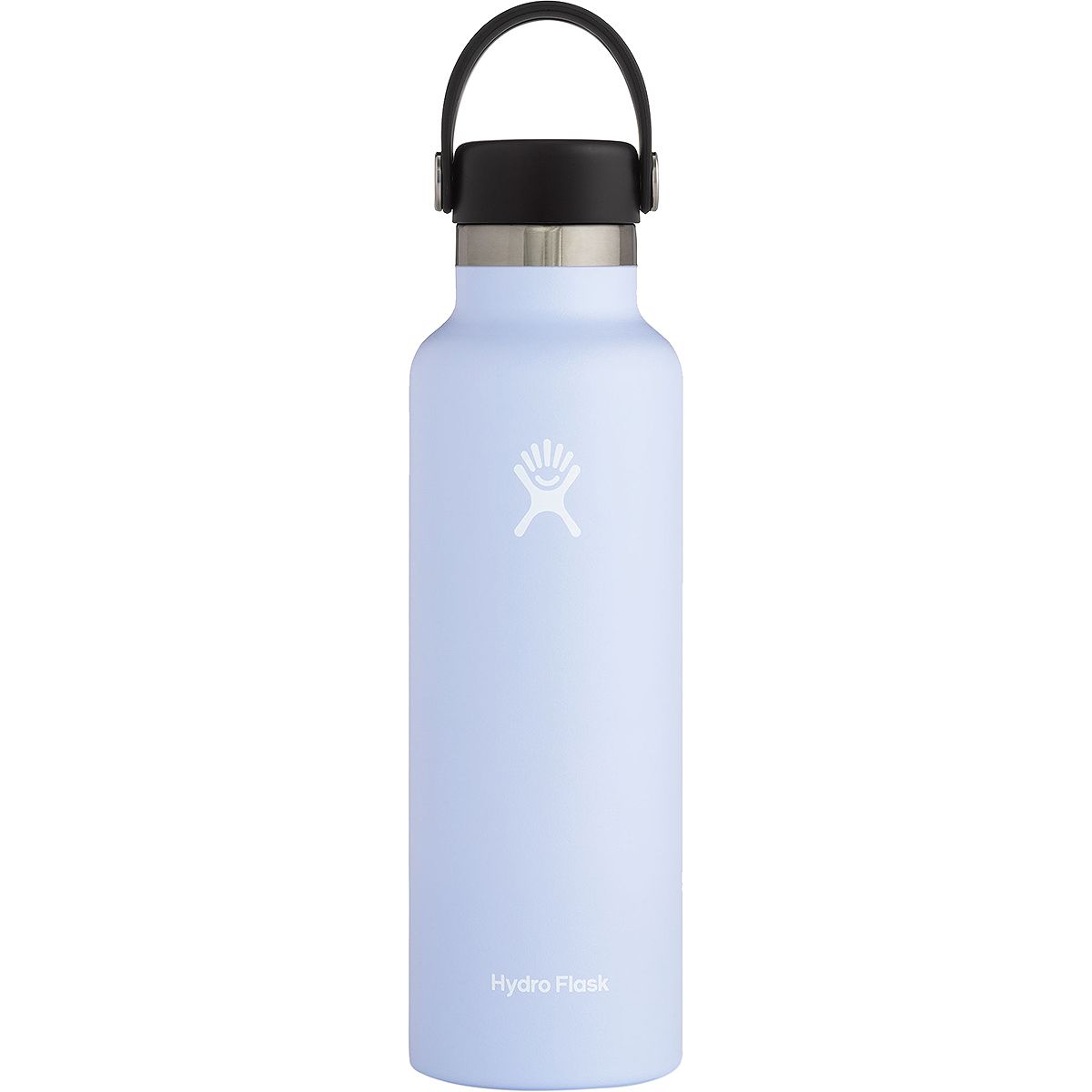
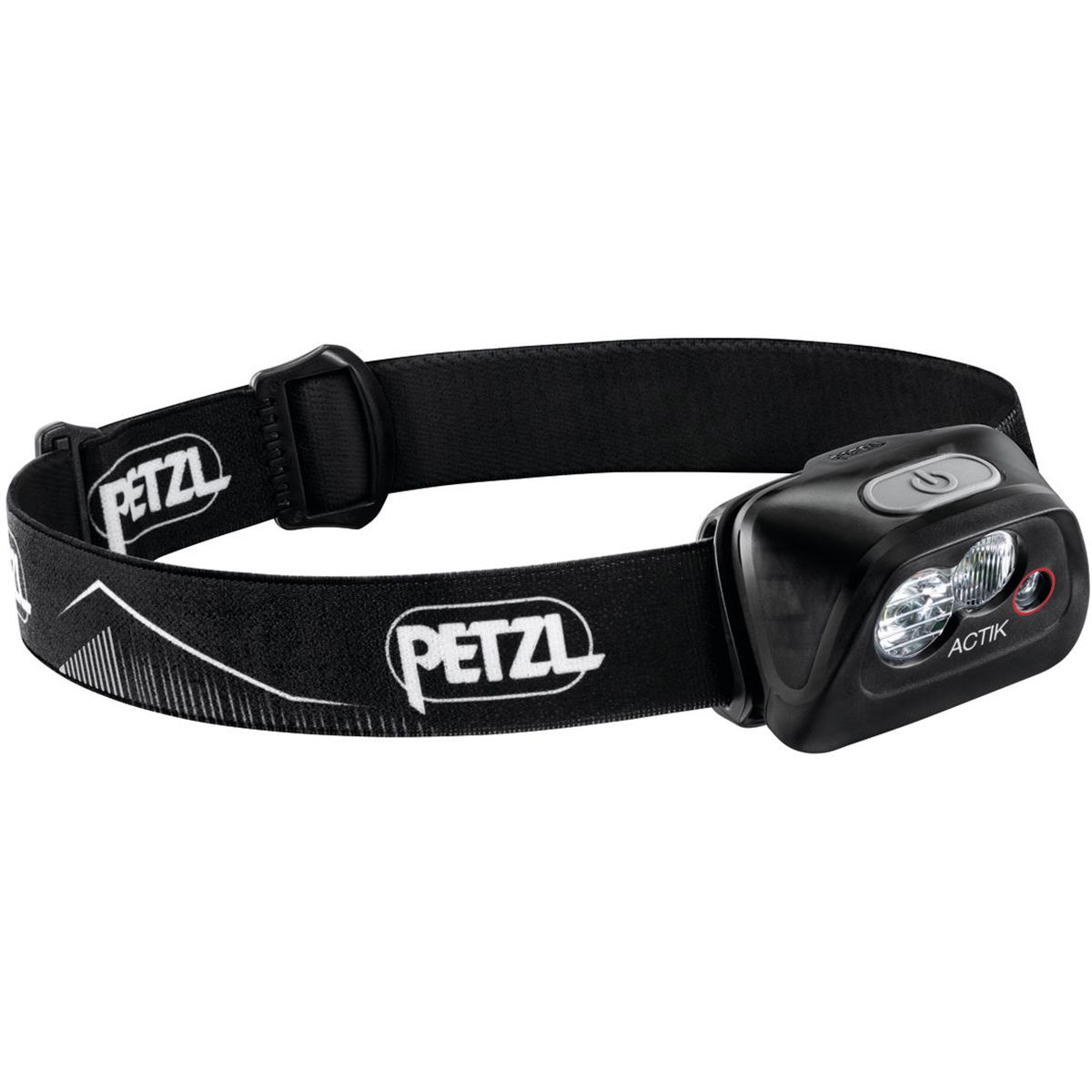
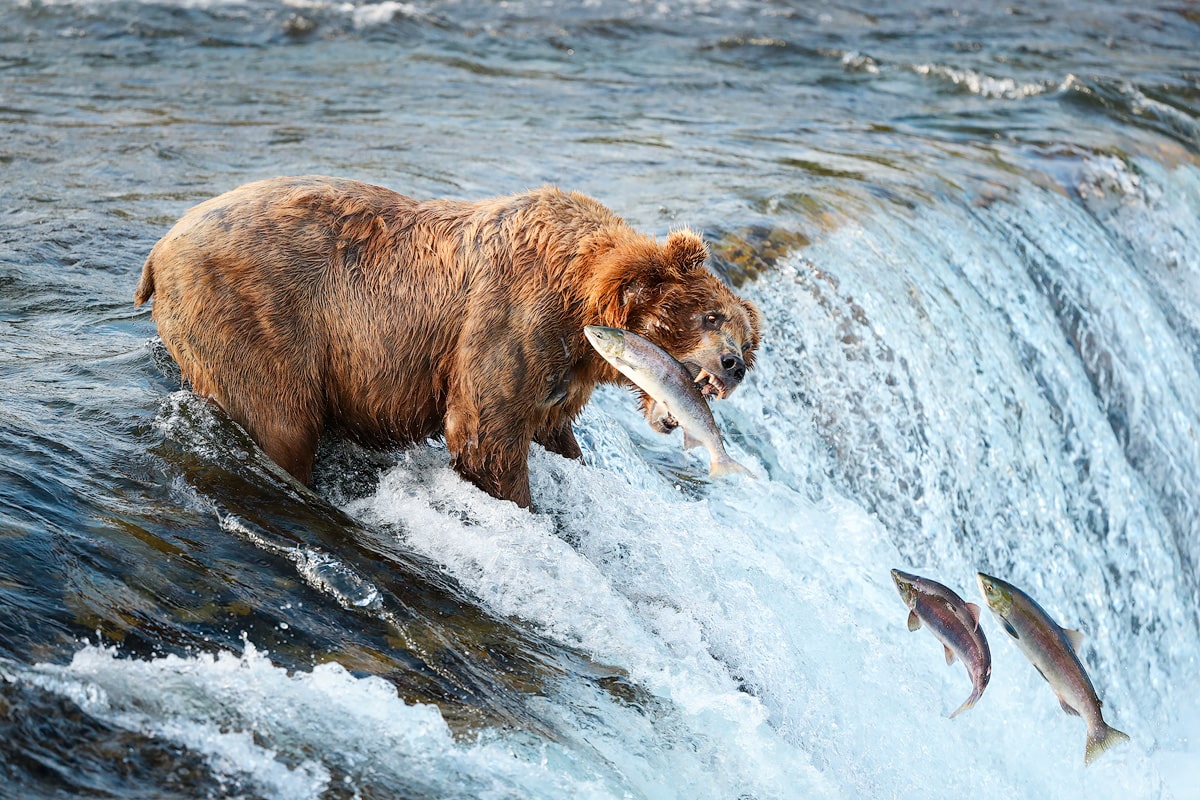
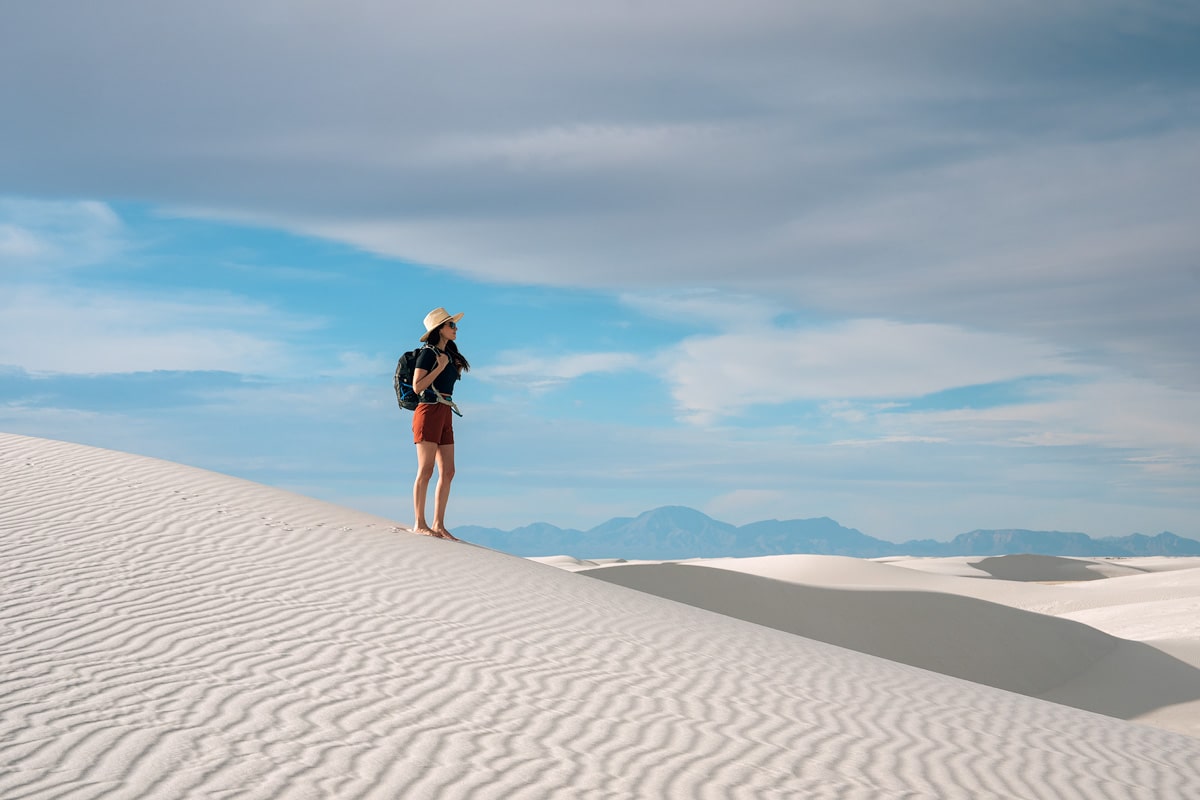
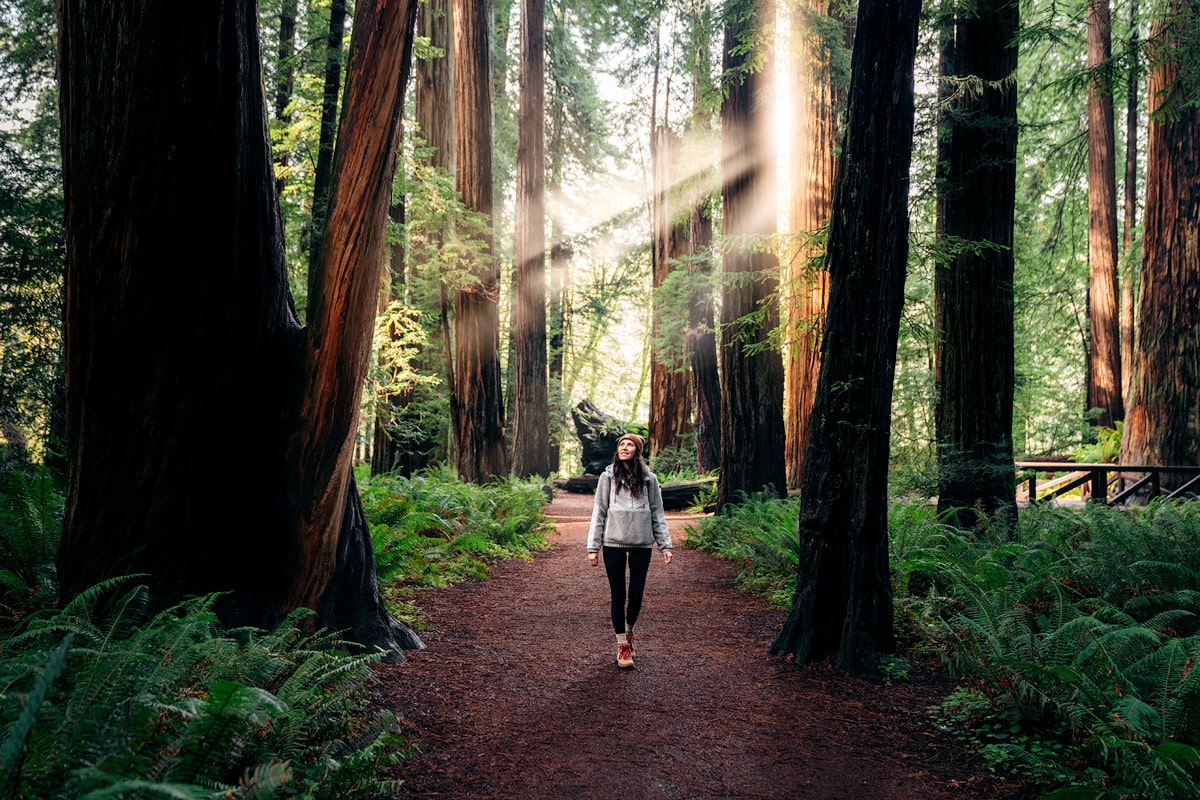
Loving the photography, you were able to capture in Zion. We’re huge fans of this park and this part of the world for the kinds of photo opportunities available.
The only thing we weren’t able to do on our trip was hike the narrows due to a flood warning. We had an amazing time all the same.
I am most interested in Zion Canyon since you mentioned that we can rent a bike and explore the canyon when vehicles are not allowed. My family always wanted to visit Zion National Park, and it excites me more to know that we can go biking. I’ll do an advance booking of a hotel now near Zion National Park to ensure we can get the perfect accommodation for our vacation.
Thank you, Renee! I’m planning a trip to Zion in October, and it’s a bit overwhelming with so many options on the NPS website. Your blog post will definitely help me narrow down which hikes we’ll do on our trip (and which spots we’ll try to hit for photography purposes)! Xx Sara
Love the blog, do you know a route to Zion from Las Vegas with some scenery ? When I try to look for a route on Google, it gives me the fastest one, not the one with best views.
Zion NP looks absolutely amazing and I hope someday I get to visit. Thankyou for all the fantastic info and stunning photos.
I hope you get to see the park with your own eyes one day 🙂